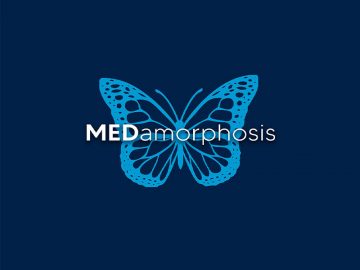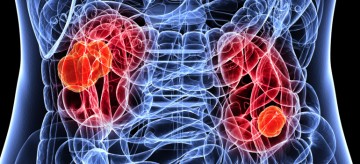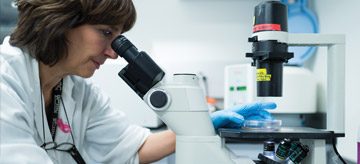Reconstructive Urology
Reconstructive urology includes the surgical repair of the urinary tract caused by trauma, birth defect or neurologic injury. The department of Urologic Sciences provides a diverse skill set within the area of reconstructive urology and neurourology. Our subspecialists provide fellowship-trained expertise in the areas of male urethral reconstruction and genital trauma; female pelvic medicine and reconstructive surgery; gender affirmation for both primary procedures and complication management; neurogenic bladder reconstruction; and ureteric and bladder reconstruction for trauma and endometriosis. The specific procedures provided include:
Male Urethral Reconstruction
- Urethroplasty for traumatic urethral stricture disease
- Management of brachytherapy and external beam radiation induced urethral stricture
- Management of complications from high-intensity focused ultrasound
- Urinary incontinence management
- Bladder trauma
Female Pelvic Medicine and Reconstructive Surgery
- Urinary incontinence
- Pelvic organ prolapse management
- Ureteric reconstruction following trauma and endometriosis
- Bladder and ureteric fistula repair following traumatic or radiation injury
Gender Affirmation Surgery (in conjunction with UBC Division of Plastic Surgery)
- Vaginoplasty
- Phalloplasty
- Metoidioplasty
- Complication management of gender affirmation surgery
Neurourology
- Bladder augmentation cystoplasty
- Mitrofanoff appendicovesicostomy
- Urinary diversion
- Management of complications of prior urinary diversion
The reconstructive urology group works in collaboration with the Bladder Care Centre at UBC Hospital and icord Urology Centre at the Rick Hansen Institute and combine efforts with the division of plastic surgery for gender affirmation surgery and the division of orthopaedic surgery for modelling of neurogenic bladder.
We have an active research group which includes several masters level and PhD graduate students. Active projects within our research focus include development of urinary catheters which reduce the rate of catheter-associated urinary tract infection, modelling of neurogenic bladder, external stimulation of the nervous system following neurologic injury, and development of imaging modalities which help quantify pelvic organ prolapse.



